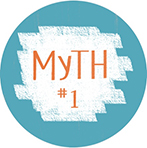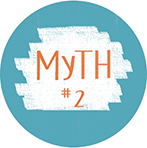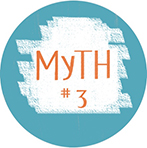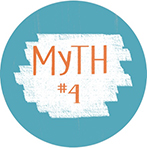Beneath the Surface Kit
Everything from tips and support to info on treatment options in our FREE kit.
Education is an important step to understanding—especially when you’re talking about a chronic condition. Take a closer look at psoriasis myths, so you learn the real psoriasis facts.




One thing people wonder after diagnosis is whether psoriasis is contagious. The answer is a resounding “no.” You can’t get psoriasis by being near someone with it and you can’t get psoriasis by touching it. Case closed.

Some might think psoriasis starts and ends with the skin—but it’s actually believed to be a disease of the immune system. That means those itchy, red or silvery/white plaques on your skin are really a symptom of an imbalance way inside your body.
Psoriasis is also linked to psoriatic arthritis, which affects joints, and can lead to pain, stiffness, and irreversible joint damage.

There is no cure for psoriasis at this time. But working with a dermatologist may help you find treatment options that can help. If you don’t have a dermatologist, ask your primary care physician or OB/GYN for a referral.

Although an important part of assessing severity, the amount of plaques you have on your body isn’t the only thing that determines it. The location of your plaques and overall personal impact can also affect whether your dermatologist diagnoses your psoriasis as mild, moderate, or severe.